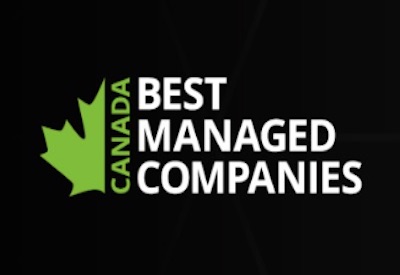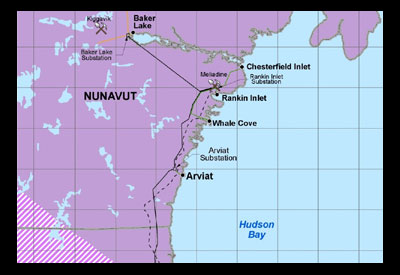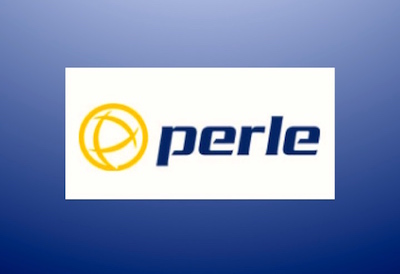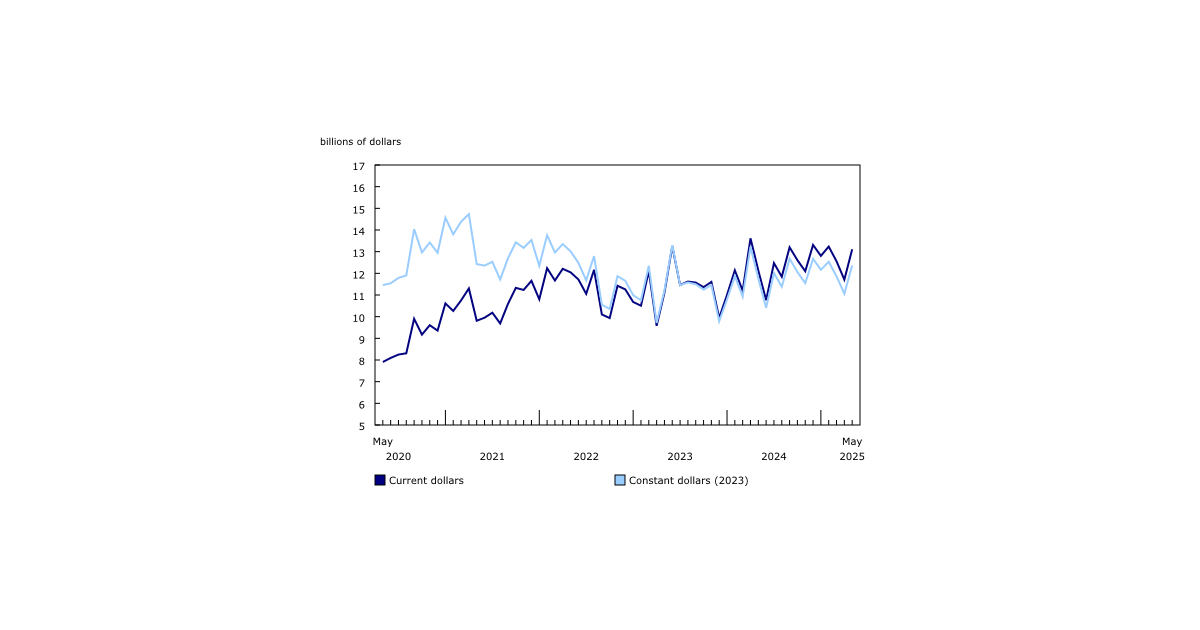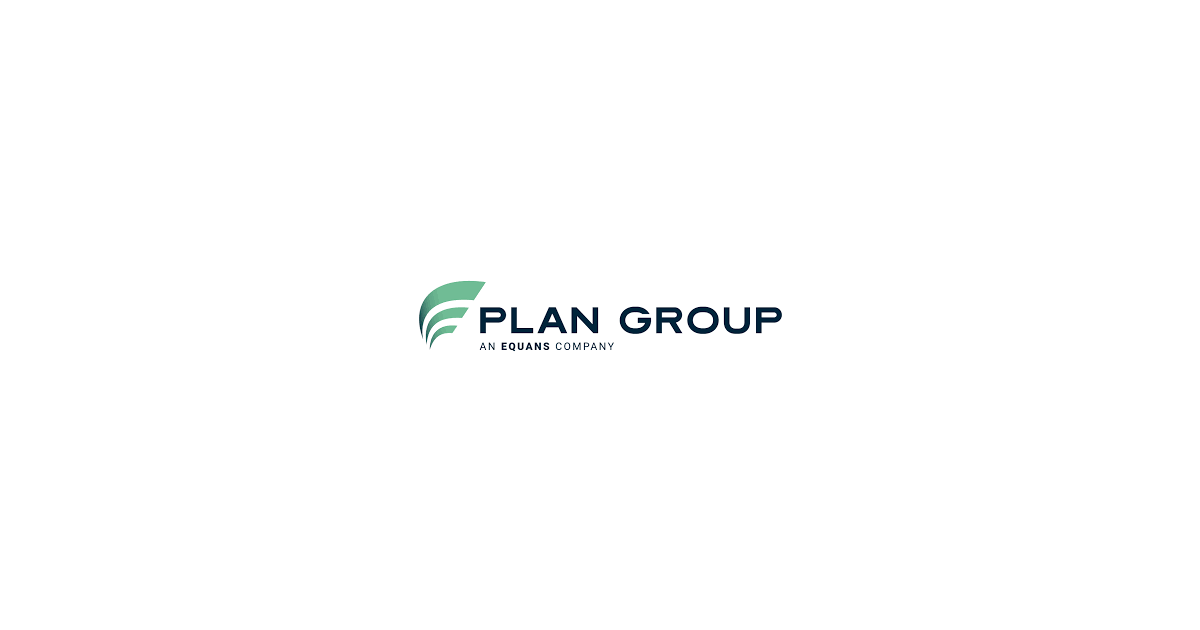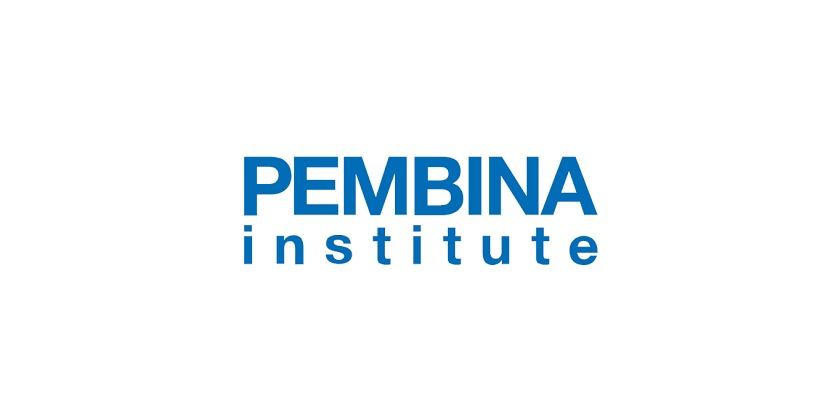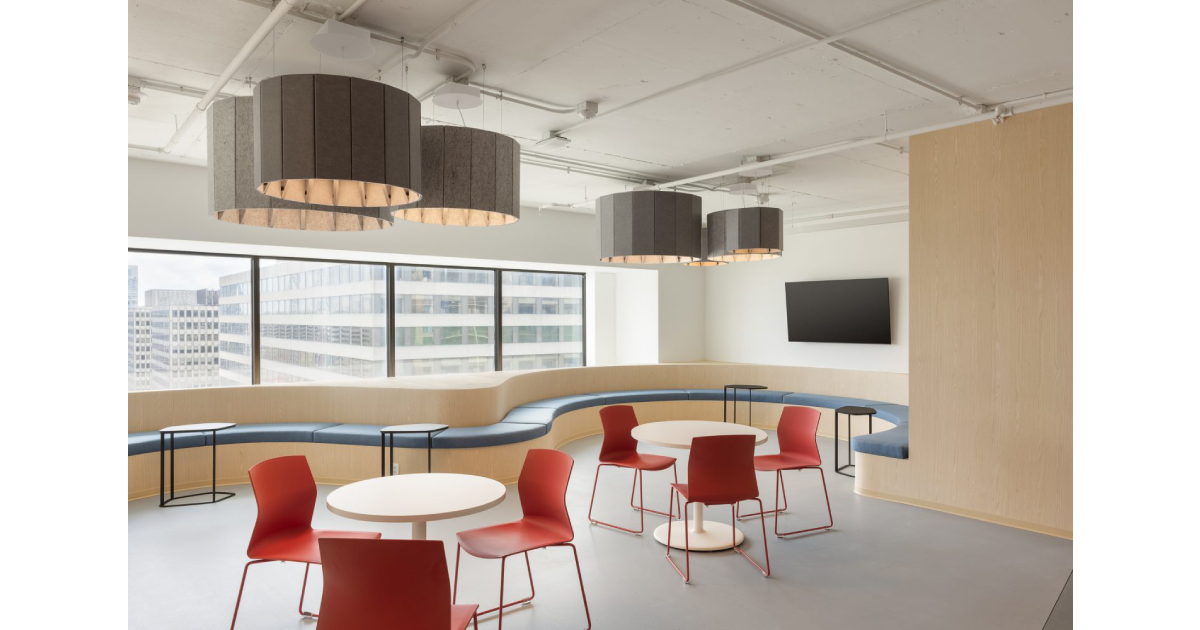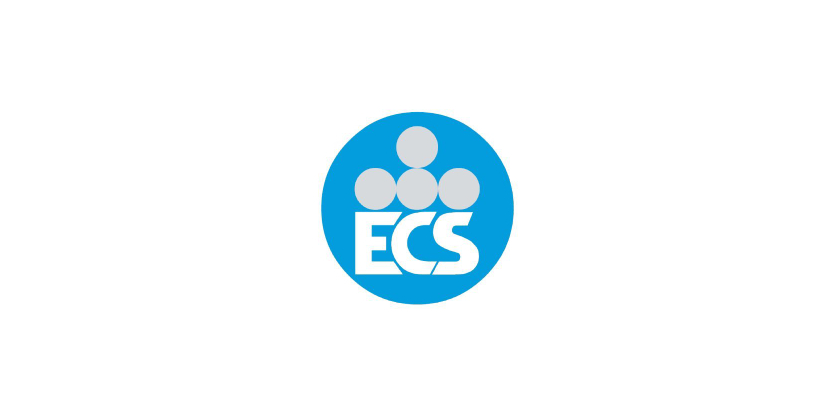CABA Releases Intelligent Buildings and COVID-19 Impact Review
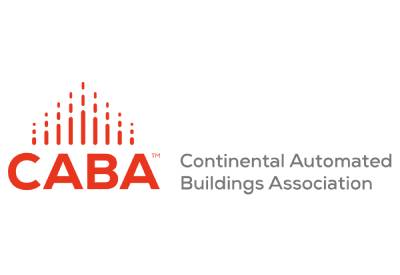
Dec 18, 2020
The coronavirus has brought fundamental change to businesses, with impacts in virtually every industry—and the intelligent buildings industry is no exception. CABA commissioned Frost & Sullivan to evaluate the sector’s key challenges and opportunities and identify response measures that will help build resiliency. The first part of that research is available, focusing on immediate implications, key regulatory guidance, and forward-looking mitigation measures. It is the first of three Modules, with the final two Modules to focus on Technology Potential Evaluation and Future Readiness Assessment. (CLICK HERE to download the Module 1 Research Report now).
“Early in the pandemic, organizations across the industry were seeing a profound shift taking place in their business, and they identified an urgent need to bring together actionable data, best practices, and lessons learned to take account of the changes under way,” said Ron Zimmer, CABA’s President & CEO. “CABA’s Board of Directors and the Steering Committee for the project recognized that the findings that would emerge at three distinct stages in this research should come out as soon as they became available, so we are very pleased to be able to release Module 1 today.”
“The findings of Intelligent Buildings and COVID-19 illustrate that there are specific strategies that can be seized on to achieve resiliency during and beyond this historic pandemic,” said Konkana Khaund, Director of Consulting, Energy and Environment with Frost & Sullivan. “As the research is showing—and the experience of the pandemic is proving—there are distinct pockets of opportunity that the emerging future scenario could deliver.”
The current focus on Internet of Things (IoT)-enabled sensors, AI-driven building solutions, and cloud-based remote services represents the first area of opportunity. Each has become a crucial component of engineering control strategies both to meet workplace safety standards and maintain business continuity. This is happening against backdrop of uncertainty for the commercial real estate sector—and forecasts that have had to be continually revised.
The coronavirus has also forced building owners and asset managers to evaluate requirements for system upgrades and space reconfigurations. These improvements have a key role to play in ensuring occupant safety and proper social distancing, despite constraints imposed by severe working capital crunches. At the same time, companies are assessing long-term lease agreements and increasing remote-work capabilities.
Attention is turning to the technologies and services that support a phased workforce re-entry, as well as to the key components and disciplines that must guide implementation efforts. These cross-cutting areas include facility management, workforce productivity, MEP (mechanical, electrical and plumbing) safe-start strategies, building sensors, health building standards, standalone, equipment-level technologies and services, and federal, state and local government regulations.
Imminent changes for building management are predicted. Future-proofing buildings to combat pandemics and natural disasters will be of prime importance for building owners and construction firms, with digitalization and remote monitoring of HVAC systems taking center stage to ensure IAQ and energy efficiency.
Convergence of intelligent building technologies will become increasingly significant. Networks of low-cost, wireless sensors that detect motion, occupancy, temperature, air quality, light, and other parameters could enable multiple building systems to communicate with one another. More use cases supporting convergence are keenly anticipated, centering on technology innovation, service practices, equipment handling, and occupant safety.
Finally, international healthy building standards such as WELL and RESET will take on heightened importance. Facility managers and other third-party certification providers are working to ensure that accredited professionals can assess and certify the health performance of buildings against these new standards.
“The COVID-19 pandemic has injected uncertainty into the intelligent buildings industry, even while it set the stage to accelerate some of the trends that were already definitively shaping this sector,” commented Konkana Khaund of Frost & Sullivan. “Taken together, the findings highlight the critical importance of technology implementation to enable the right environmental conditions, mechanical improvements, process changes and above all ensuring health and wellbeing of occupants inside these buildings.”
The following CABA members are sponsoring the study: Aircuity, Inc., Automated Logic Corporation, Axis Lighting, Inc., The Cadillac Fairview Corporation Limited, Carrier Corporation, CyberPower Systems, Inc., Daikin Applied Americas Inc., Honeywell International, Inc., Iota Communications, Inc., Kimberly-Clark Professional, KMC Controls, Inc., Legrand, National Research Council (NRC), Northwest Energy Efficiency Alliance (NEEA), NYSERDA, Siemens Industry, Inc., Steelcase Inc., UL LLC, and Yorkland Controls Ltd. Additional companies still have an opportunity to fund Module 2 and 3 and to shape the research through participation on the project’s Steering Committee. More information about the project can be found on CABA.org and by contacting CABA’s Research Director, Greg Walker (walker@caba.org).




